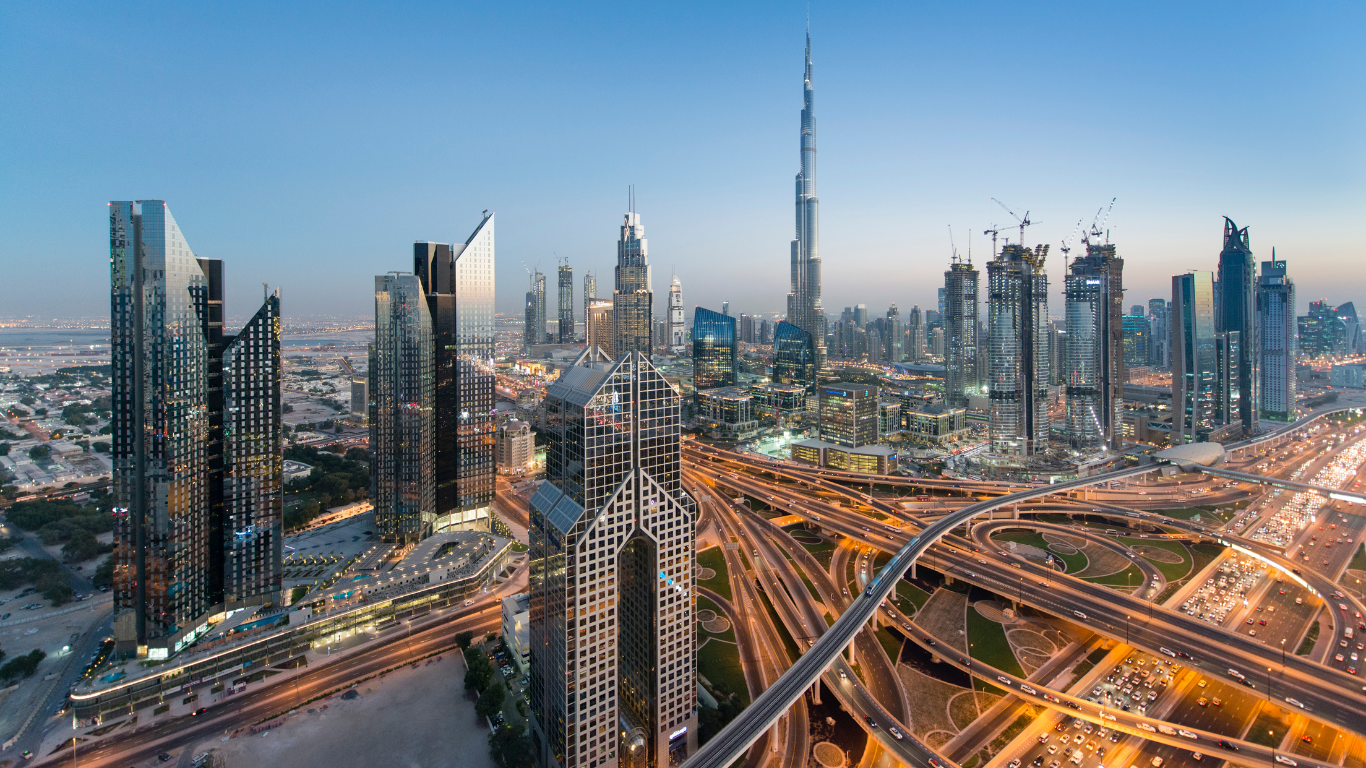Free Zone vs Mainland Business Setup in the UAE
Thinking about launching your business in the UAE but confused between free zone and mainland setups? This guide by Ideas Business Setup Expert breaks it all down for you.
Compare benefits and limitations | Understand legal requirements | Make an informed decision
Call to Action: Start your journey today – contact our experts for tailored advice!
Why the UAE is a Global Business Hub
The United Arab Emirates has become one of the world’s most attractive destinations for entrepreneurs and investors. With its strategic location, tax-friendly policies, and robust infrastructure, businesses in the UAE enjoy access to both local and international markets.
However, one of the first and most crucial decisions you must make is whether to establish your business in a free zone or in the mainland. Each offers unique opportunities and legal structures.


What Is a Free Zone Business Setup?
A free zone is a designated area within the UAE where businesses can operate with 100% foreign ownership, tax exemptions, and custom duty benefits. They are particularly popular among startups and international investors who aim to focus on global trade or service-based industries.
Key Features of Free Zones:
- 100% foreign ownership
- Corporate tax exemptions (subject to new corporate tax rules)
- No import/export duties within the zone
- Easy company registration process
- Limited to operating within the free zone or internationally (unless using a distributor for the UAE mainland)
You can explore more about specific regions:
What Is a Mainland Business Setup?
A mainland business is registered under the Department of Economic Development (DED) of the respective emirate. It allows you to operate anywhere in the UAE and beyond, without restrictions on market access.
Key Features of Mainland:
- Ability to trade anywhere in the UAE and internationally
- No restriction on office locations
- Mandatory local service agent or UAE national shareholder (depending on license type)
- Broader range of business activities


Free Zone vs Mainland: Key Differences
Here is a clear comparison between free zone and mainland business setups:
Ownership:
- Free Zone: 100% foreign ownership
- Mainland: Local sponsorship or service agent may be required
Business Activities:
- Free Zone: Limited to within the zone or international trade
- Mainland: No restrictions within UAE
Tax Benefits:
- Free Zone: Tax holidays and incentives
- Mainland: Subject to UAE corporate tax laws
Office Space:
- Free Zone: Flexible options, including virtual offices
- Mainland: Physical office mandatory for most licenses
Factors to Consider When Choosing Your Setup
When deciding between free zone and mainland, consider:
- Nature of your business
- Target market (local vs international)
- Budget and costs
- Ownership structure preferences
- Visa requirements
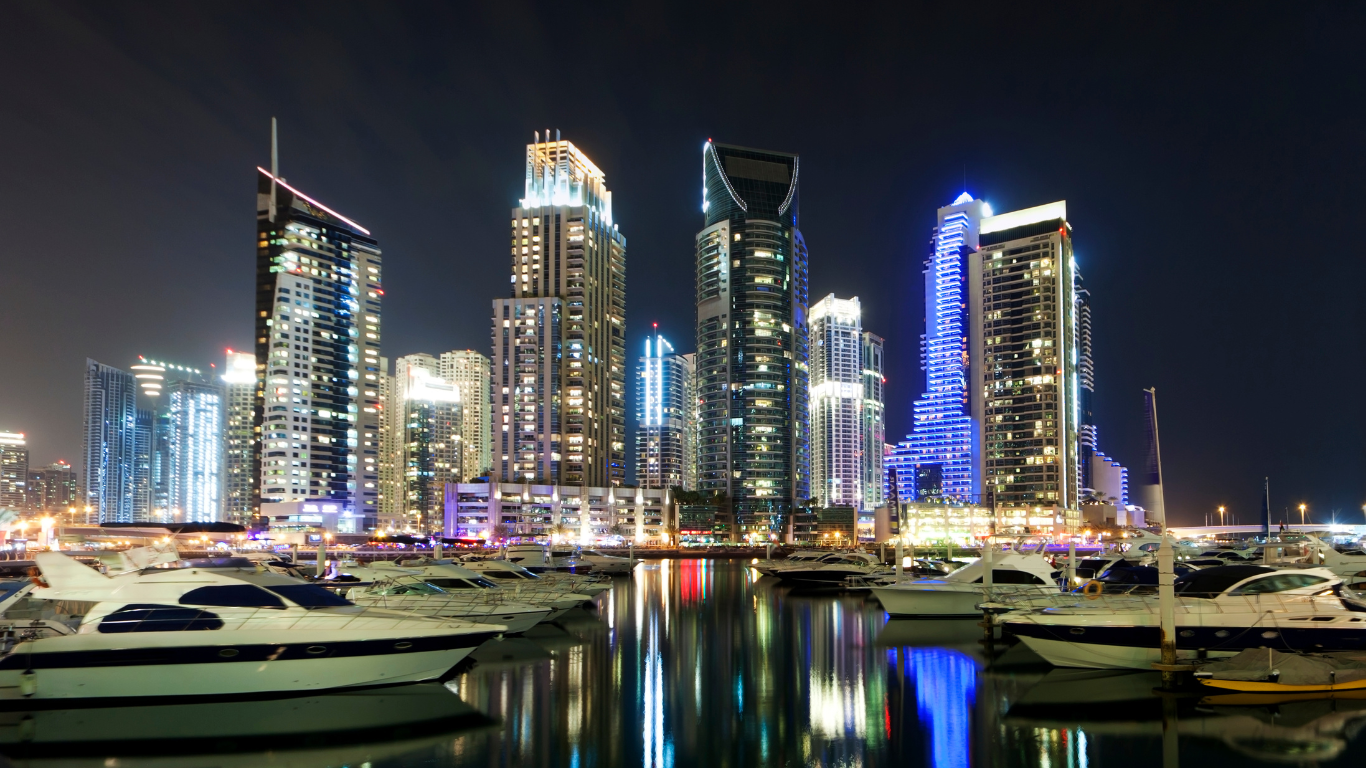
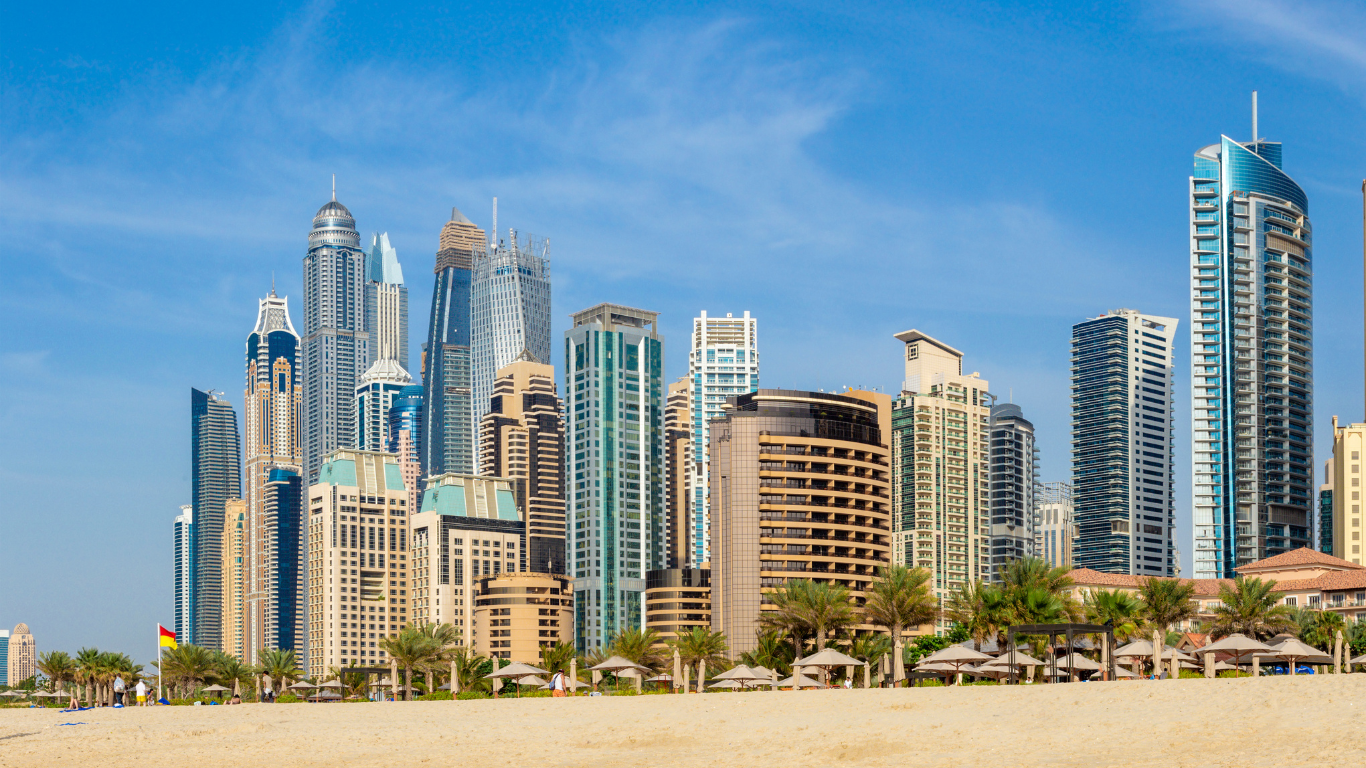
Advantages of Free Zone Business Setup
Free zones offer numerous benefits for foreign investors, including:
- 100% Foreign Ownership – No need for a local partner.
- Tax Benefits – Corporate and personal income tax exemptions in many zones.
- Ease of Setup – Faster incorporation process with less paperwork.
- Access to Global Trade – Ideal for import/export businesses.
For a detailed guide, visit our Advantages of Free Zone Business Setup page.
Advantages of Mainland Business Setup
Mainland companies have their own set of advantages:
- Wider Market Access – Trade anywhere within the UAE without restrictions.
- Government Contracts – Eligible to bid on government projects.
- No Currency Restrictions – Easy repatriation of profits.
- Flexibility in Business Activities – More license categories available.
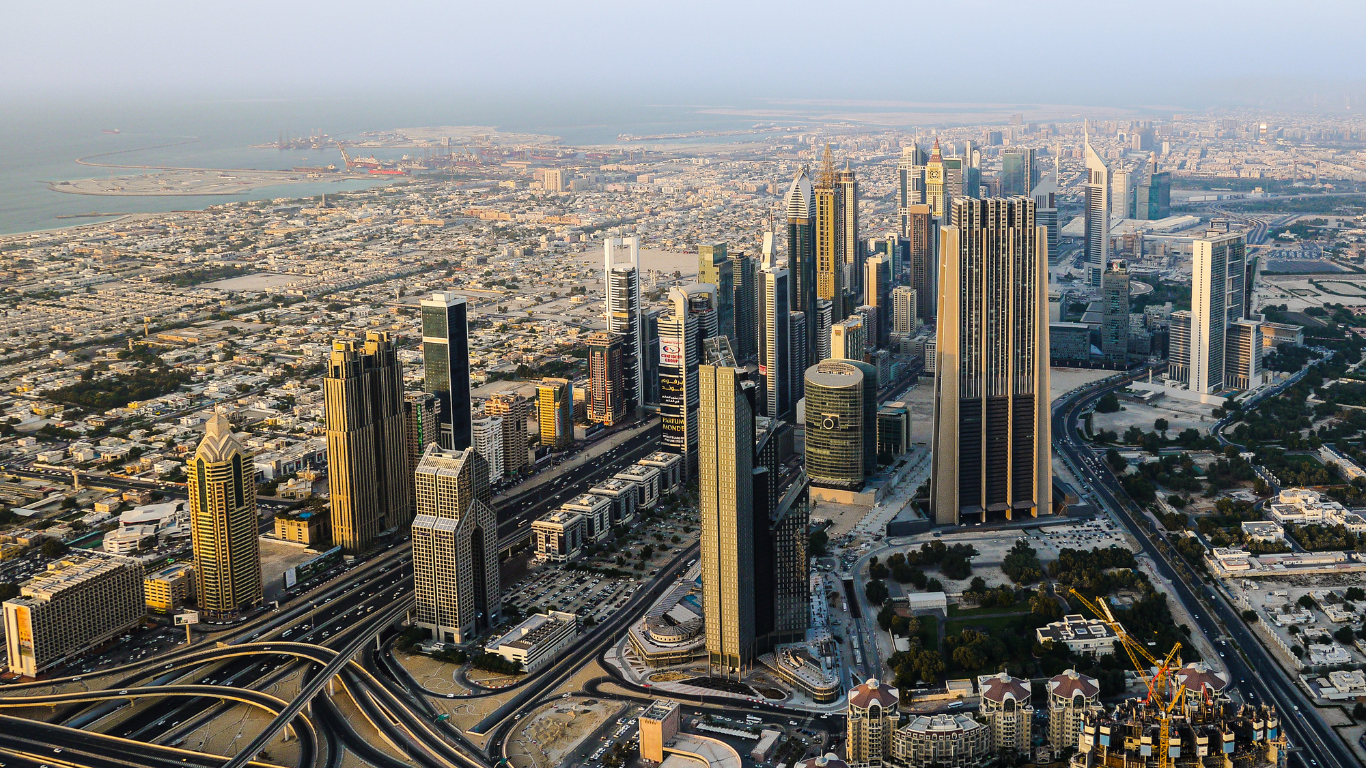
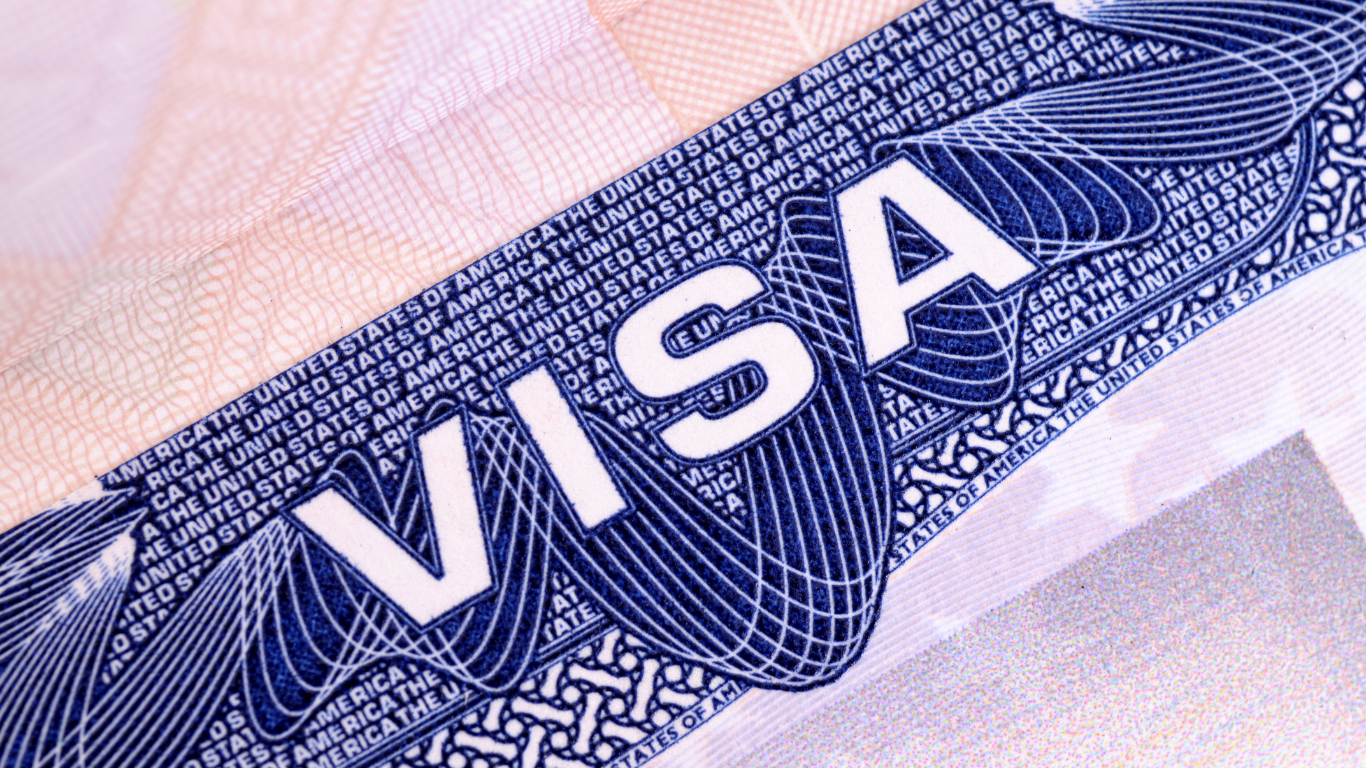
Cost Comparison
Costs vary depending on location, business type, and license category. Free zones often have lower initial setup fees, especially for startups with limited physical space needs.
For an in-depth cost guide, explore Free Zone Business Setup Cost in UAE.
Required Documents for Both Setups
Both free zone and mainland setups require a set of documents, such as:
- Passport copies of shareholders
- Business plan (in some free zones)
- Trade name reservation certificate
- Initial approval certificate
Check our detailed guide on Documents Required for Free Zone Business Setup.

Step-by-Step Business Setup Process
Looking to start as a foreign entrepreneur? Read: Start Business as Foreigner in UAE
Related UAE Free Zone Setup Guides
- Want to learn how to get your license? Visit: How to Get Free Zone License UAE
- Need a visa for yourself or your team? See: Free Zone Visa UAE
- Planning banking? Read: Bank Account Opening for Free Zone Business
- Investor options? Check: Free Zone Investor Visa UAE

No, free zone companies can have 100% foreign ownership and do not require a UAE sponsor for most activities. However, if they plan to operate in the mainland, a local distributor or service agent may be needed.
Yes, it’s possible, but it involves specific legal procedures, restructuring, and obtaining approvals from relevant authorities. Many businesses start in a free zone and later migrate to the mainland as they expand.
Free zone setups are generally more cost-effective for small businesses and startups, offering lower license fees and flexible office requirements. Mainland setups can be more expensive due to additional office space and local sponsorship costs but provide broader market access.
Choosing between a free zone vs mainland business setup in the UAE depends on your goals, target market, and growth plans. Both offer incredible opportunities for entrepreneurs and investors.
“The right business structure is the foundation of your success in the UAE.”
At Ideas Business Setup Expert, we help you make the right choice – from documentation to licensing, visa processing, and beyond.
Ready to start? Contact us today and get expert guidance tailored to your business vision!


